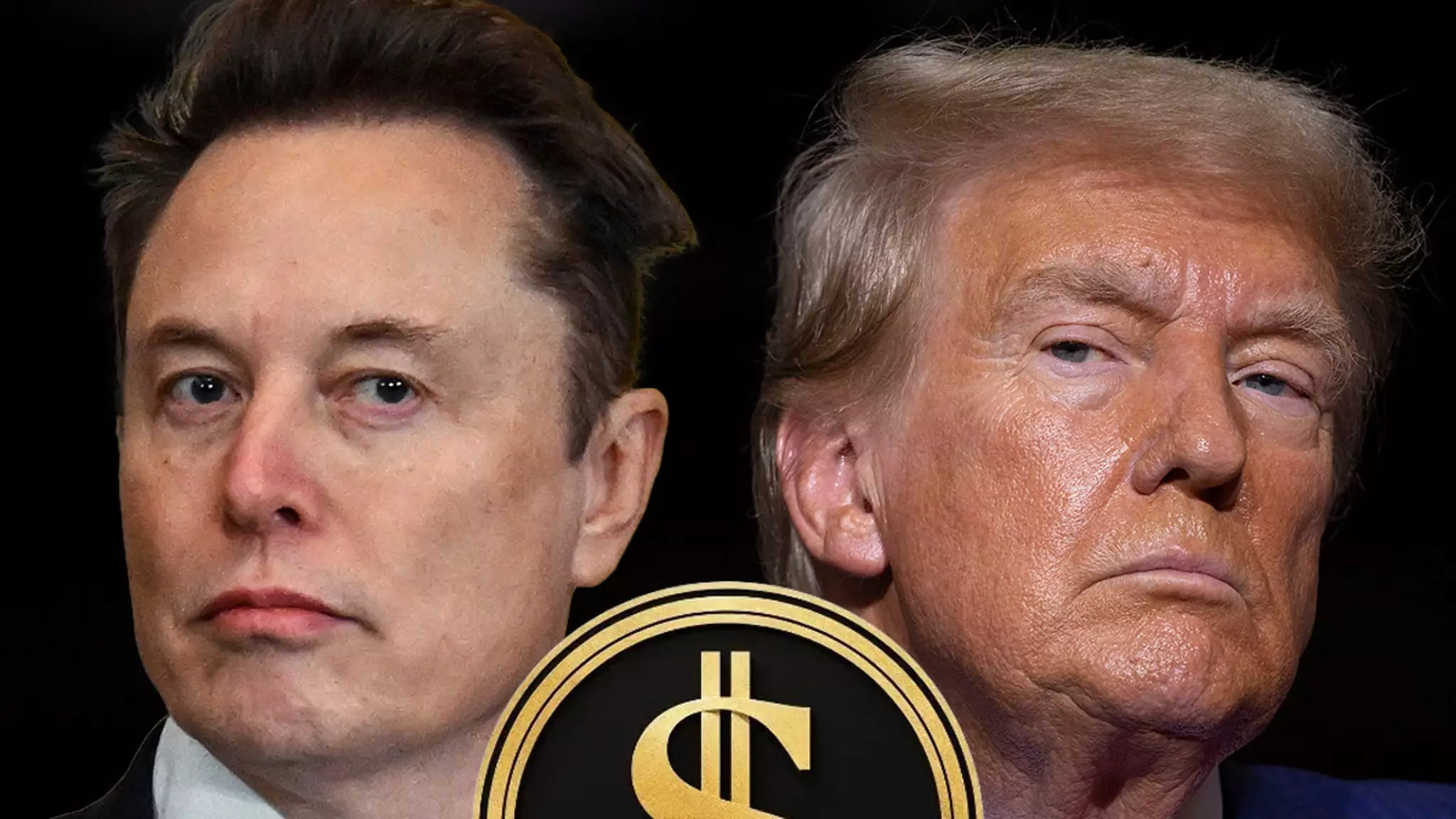As we delve into the intricate dynamics of politics and entrepreneurship, the spotlight currently shines on Elon Musk’s impending departure from his advisory role within the Trump administration. Reports suggest that President Trump has been signaling to his close associates that changes are on the horizon, particularly with Musk’s involvement. While the nuances of government strategy often lead to speculation, it’s evident that the intersection of tech leadership and political advisory roles is not lacking in drama and debate.
Musk’s influence at the White House has drawn both praise and criticism. His innovative drive and unorthodox approach have been perceived as a boon to the administration; however, this very same boldness has left him vulnerable to scrutiny. Sources within the administration have expressed mixed feelings regarding Musk’s contributions. On one end, there’s a recognition of his capabilities; on the other, a growing concern that his high-profile status could become a political liability as controversies surrounding his major enterprises, especially Tesla, kindle dissent among the public and even within the administration.
Challenges and Responsibilities
It’s undeniable that Musk’s other commitments, primarily as CEO of SpaceX and Tesla, complicate his role in the White House. The juggling act he performs raises questions about his capacity to serve both his corporate interests and government objectives effectively. This balancing act appears especially precarious given recent events, like his attempts to influence judicial outcomes in Wisconsin—a move that cost over $20 million yet failed to yield the desired results.
Moreover, the operational protocols within the White House further cloud Musk’s tenure. As a special government employee, his temporary exemptions from ethical scrutiny will soon expire, stripping away the protective layers that once shielded him from conflict of interest allegations. This looming expiration could be a key factor driving Trump’s consideration for an exit strategy for Musk, as the administration gauges the impact of a potential fallout from ethical concerns.
The Future of Musk in Politics
Despite the anticipated shift away from an official advisory capacity, conversations among Trump’s inner circle suggest that Musk may not vanish entirely from the political landscape. Distinct speculation indicates that he could transition into an informal advisory role—a move that would allow him to maintain a connection with the administration while alleviating the burdens that come with a formal position. This potential change seems like an acknowledgment of Musk’s unique abilities and the value he can still provide, albeit without the full weight of official responsibility.
In the grand scheme of things, this situation paints a larger picture of the evolving relationship between tech moguls and governmental structures. As figures like Musk step onto political stages, the ramifications ripple through both industries, creating an intricate tapestry of partnerships, tensions, and notable challenges. The outcome of Musk’s departure remains uncertain, but one cannot overlook the possibilities that lie ahead, not just for him but for the future of political advisory roles intertwined with corporate leadership.

